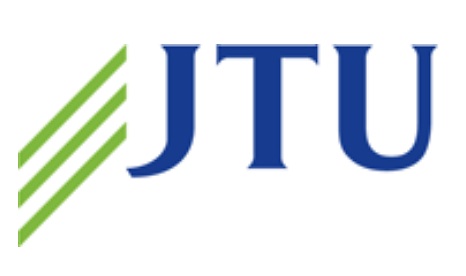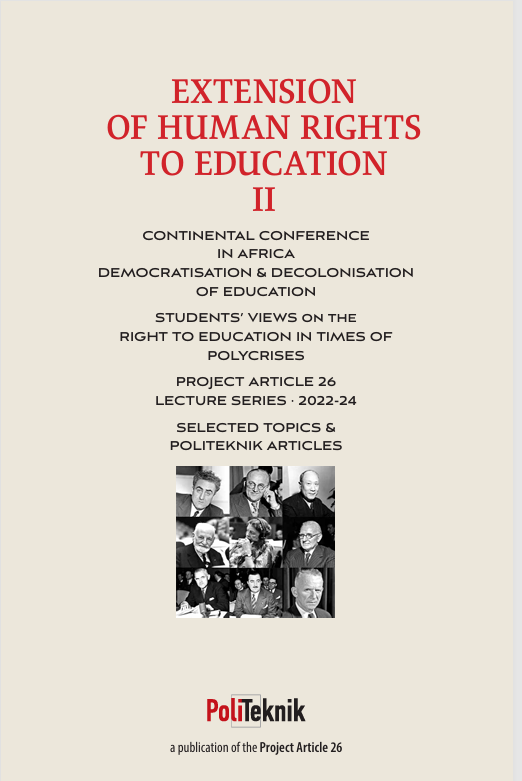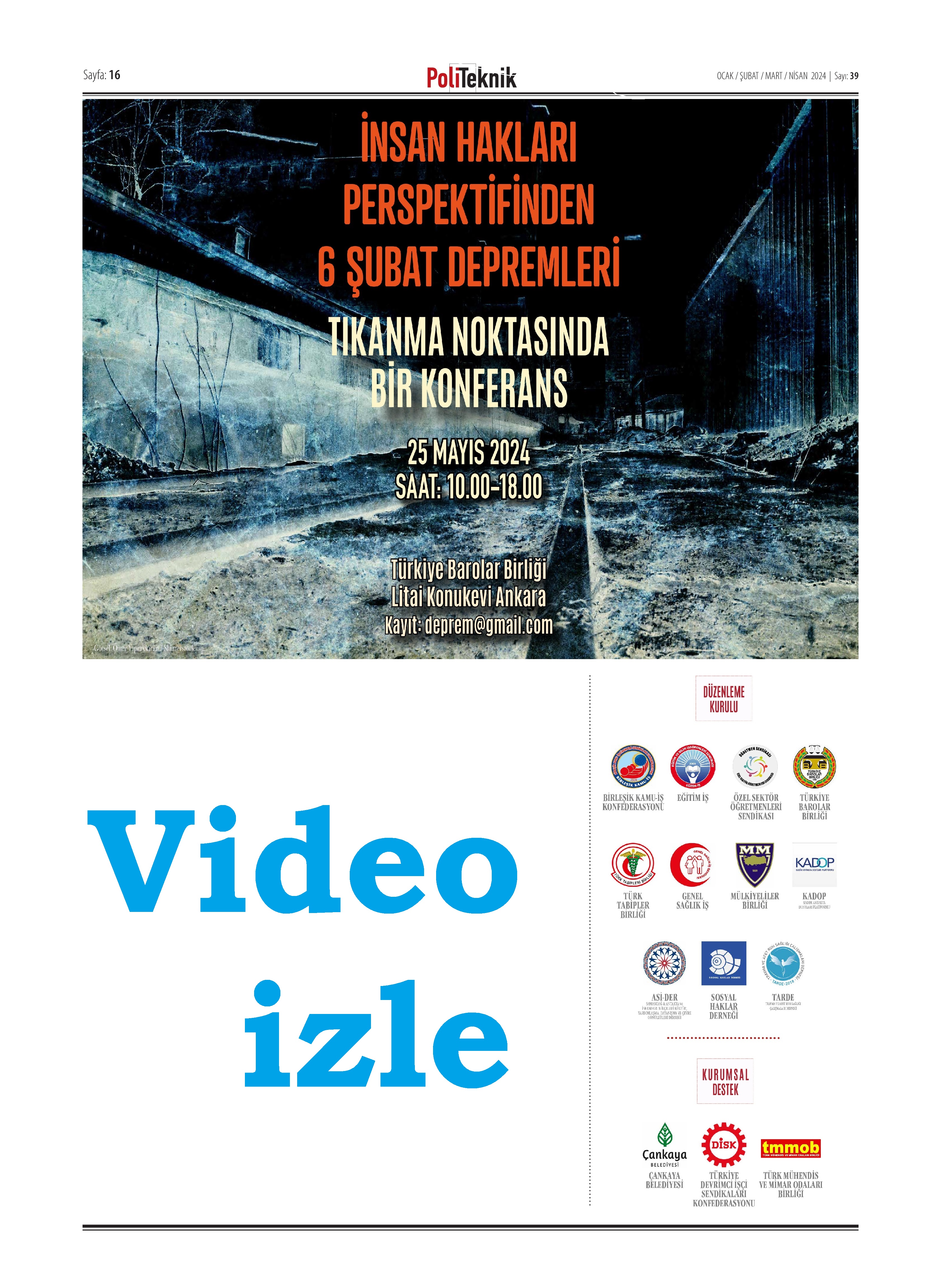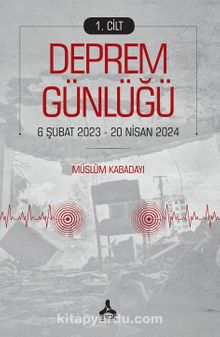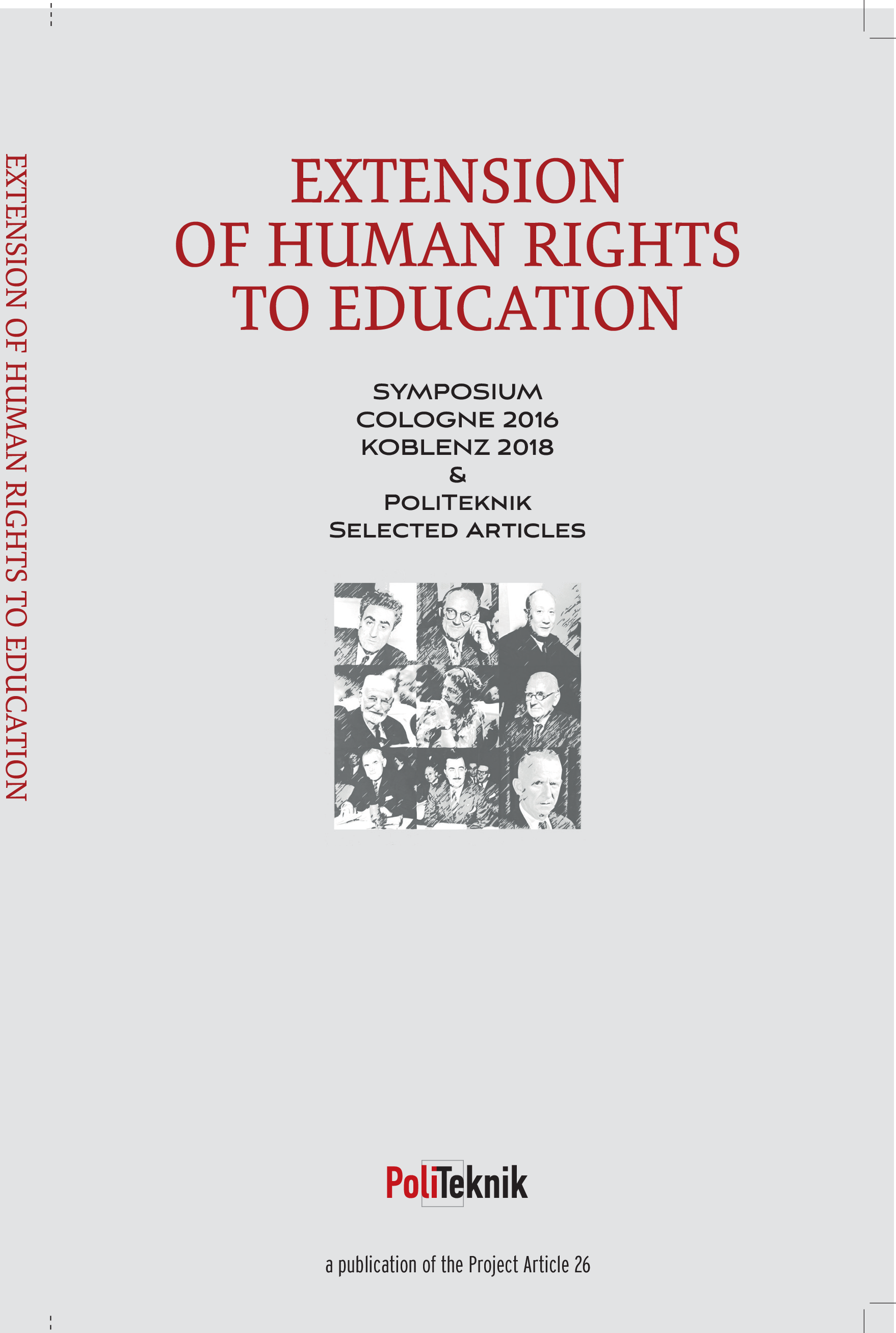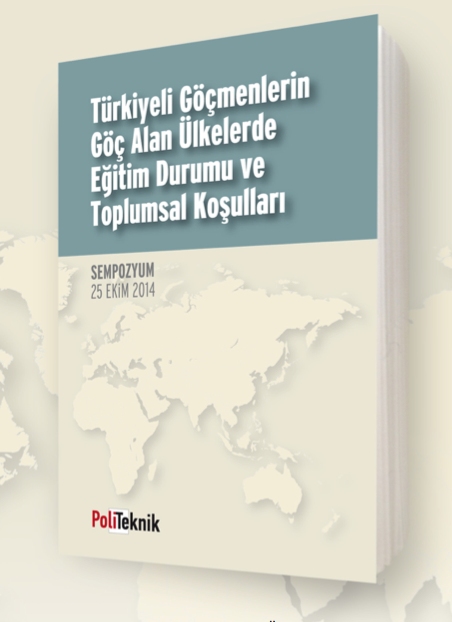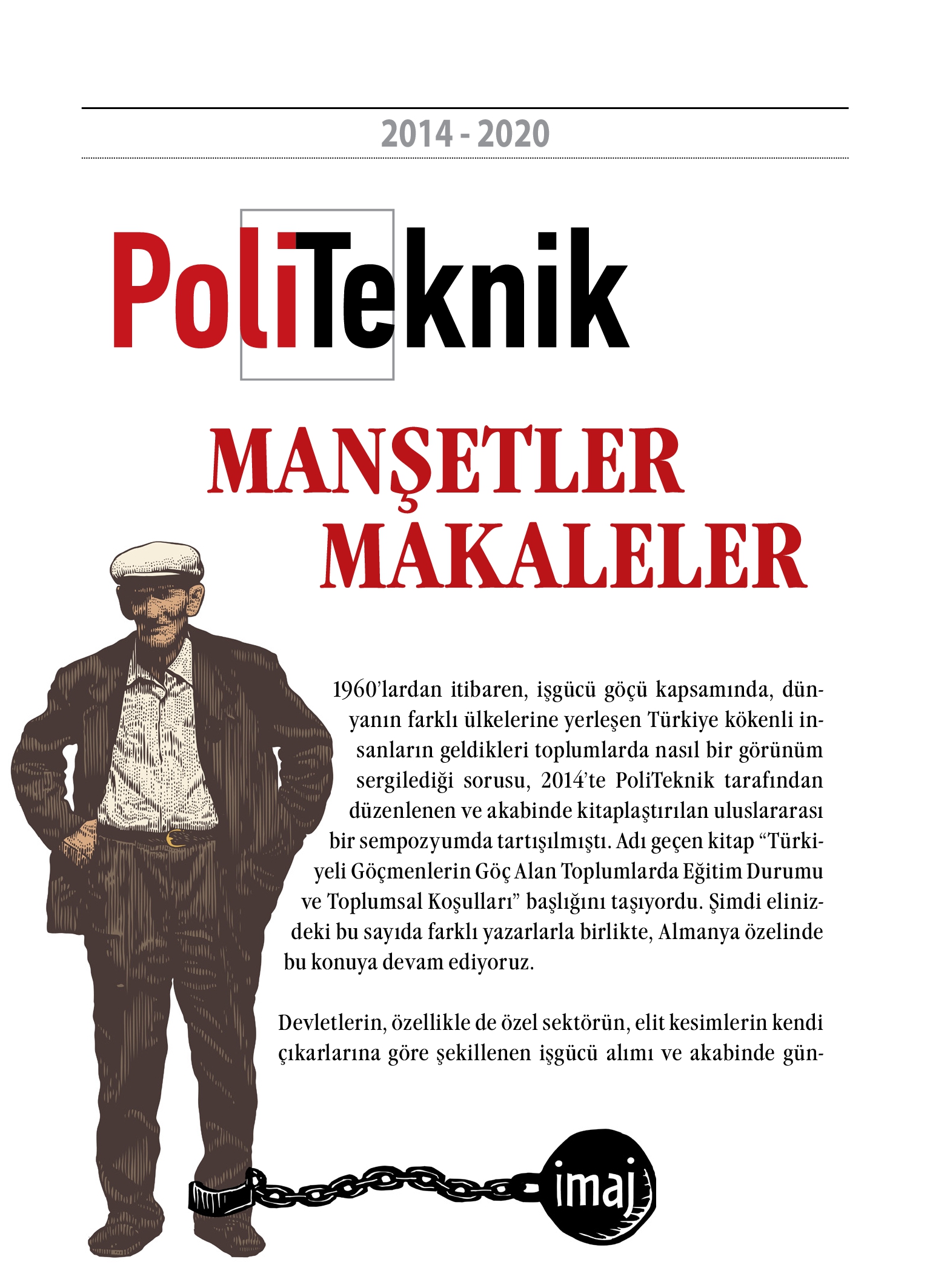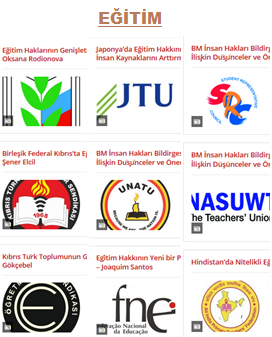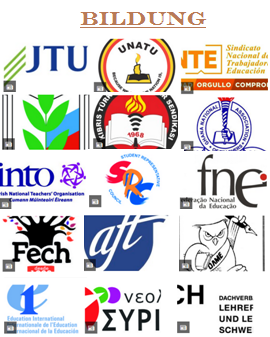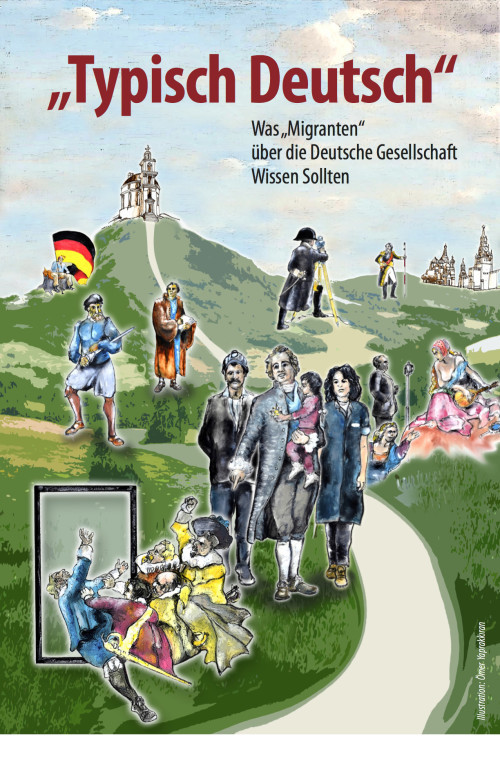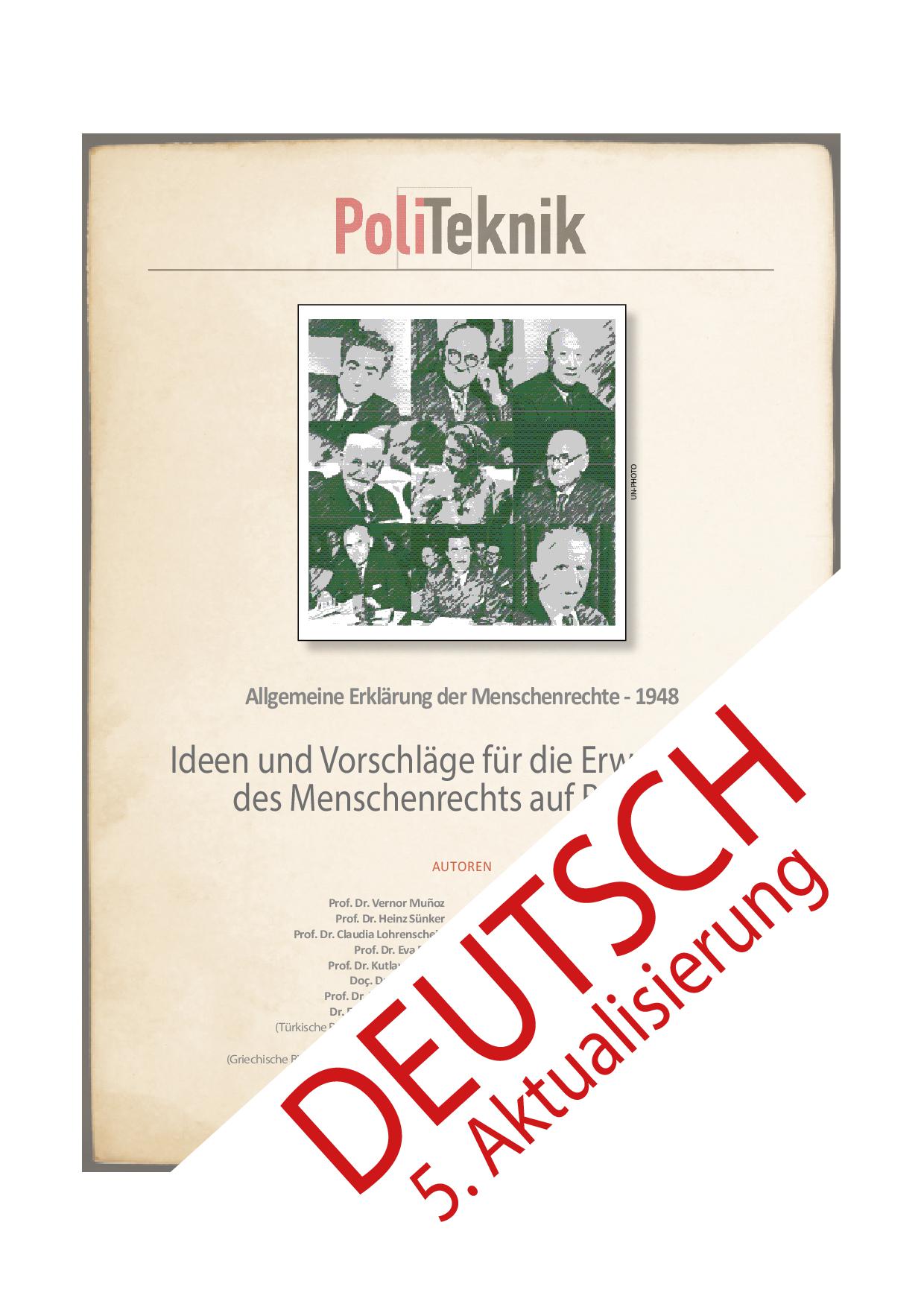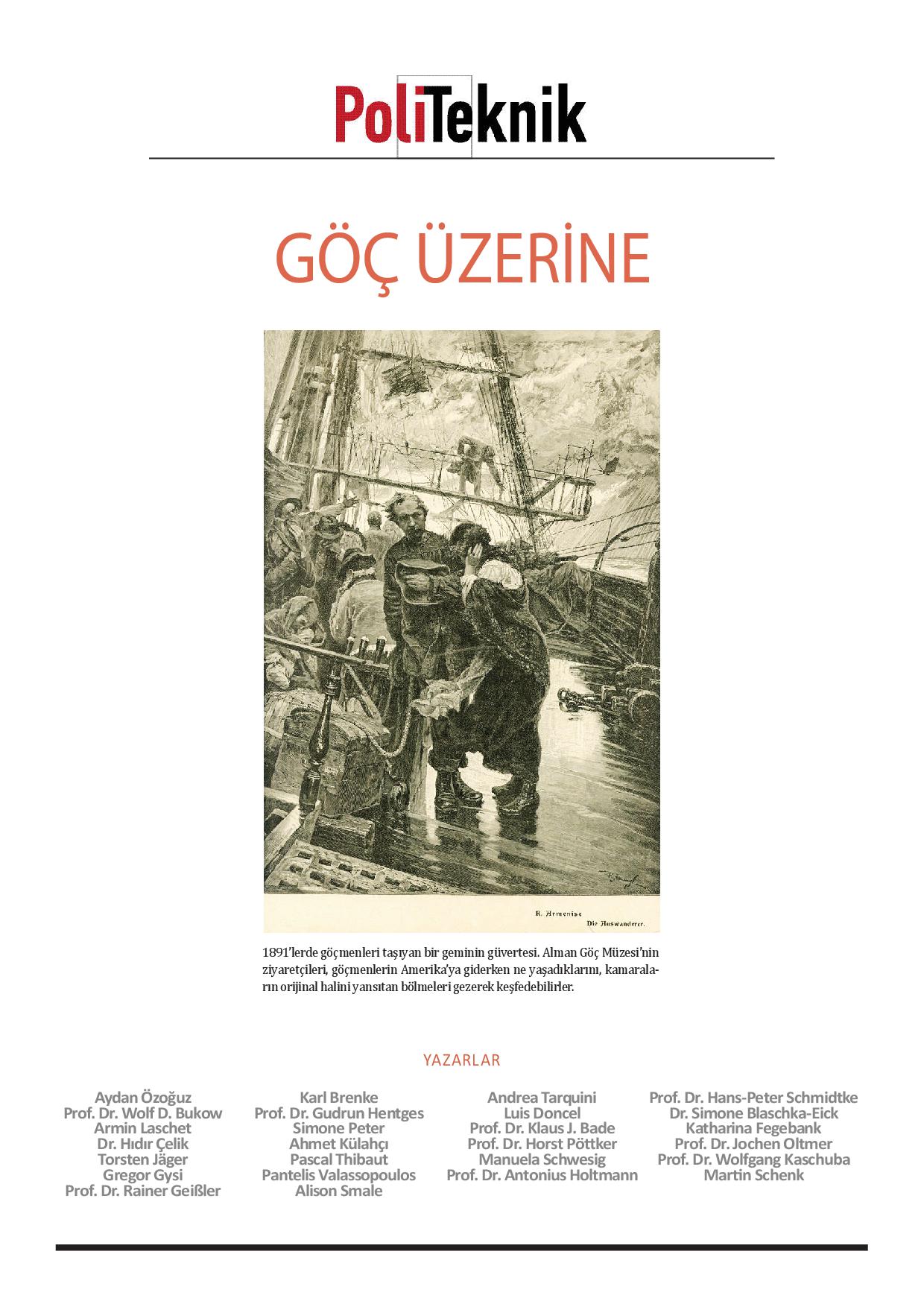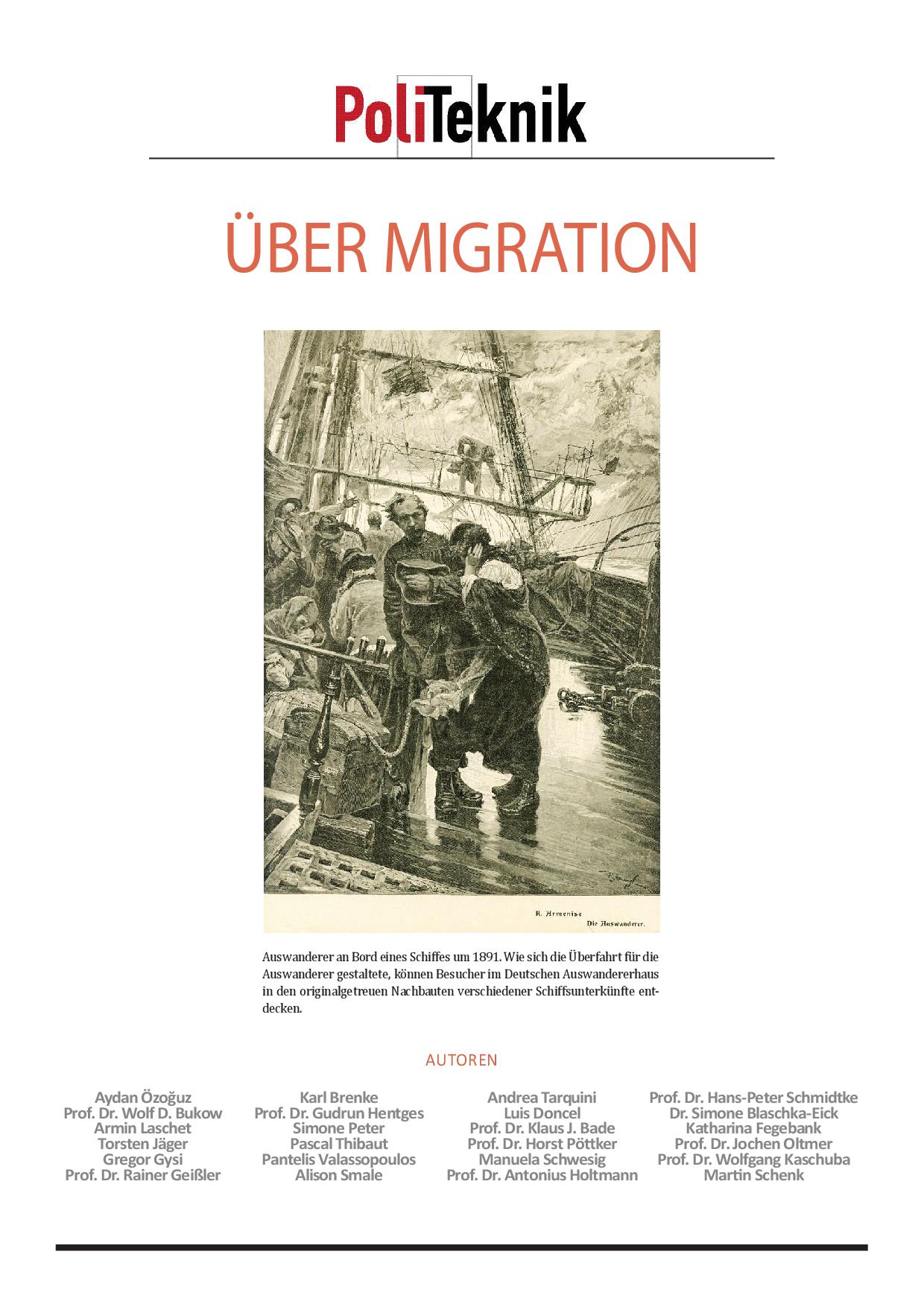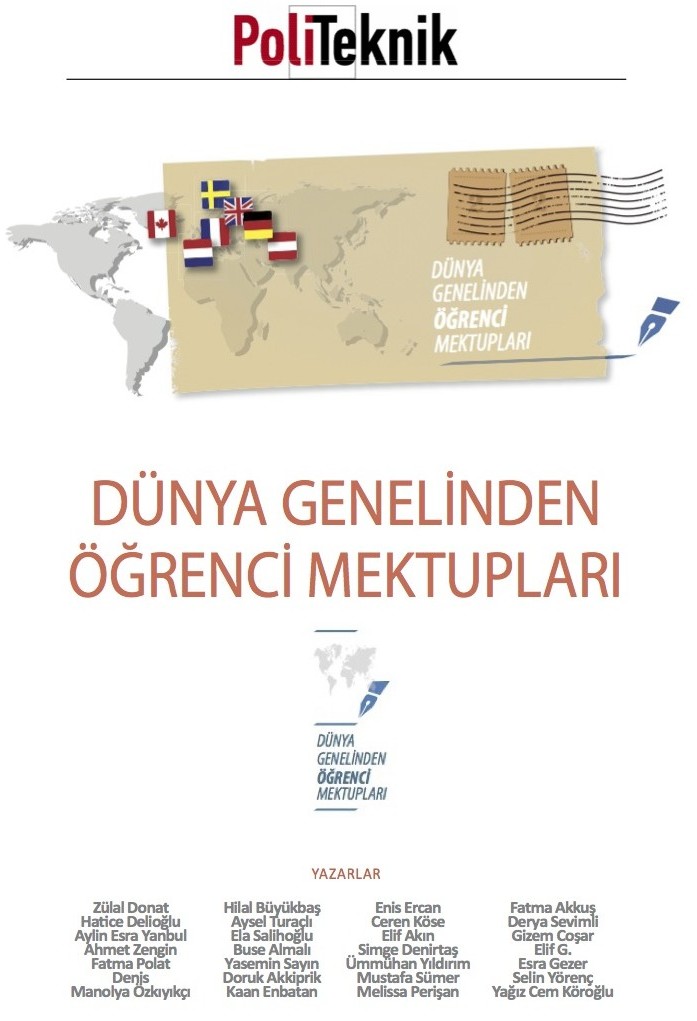Tamaki Terazawa – Japan Teachers‘ Union (JTU)
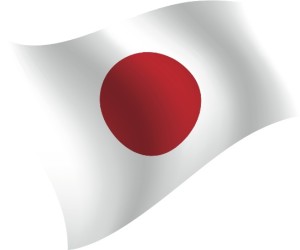 The current educational policies are conservative and tend to aim to grow international human resource as the other OECD countries. On the other hand, Japan Teachers’ Union (JTU) believes that it is our duty to ensure quality education for all as children’s rights.
The current educational policies are conservative and tend to aim to grow international human resource as the other OECD countries. On the other hand, Japan Teachers’ Union (JTU) believes that it is our duty to ensure quality education for all as children’s rights.
JTU has struggled and achieved successes in some fields such as inclusive schools, LGBTIQ, improvement of scholarship systems and others. There still are challenges concerning the rights of education.
- Threat against Japanese Constitution
From our establishment, JTU has kept slogan “Never send our children to battlefields”. During the World WarⅡ, Japan invaded Asian countries and educators were willing to send them to the military. We regretted it so deeply and declared we would never make the same mistake. Japanese people welcomed new Constitution which abandoned the military.
For these 70 years, Japan has kept peaceful Constitution and has not warred. But the current Prime Minister Abe eagers to have the military power and tries to amend Constitution. For that aim, the administration steamrollered conspiracy bill, national security act bill and others so that Japan could be ready for fighting abroad.
This situation threats foundation as a nation and JTU fears it would affect the rights of education. JTU shares the threat with community to stop its amendment for peace in Asia and the world.
- Education Reform from Educators and Privatization/Commercialization of Education
JTU aims to reform education by reflecting educators’ voices and the ideas and contents of Convention on the Rights of the Child, and sets November as Education Reform Campaign Month. JTU annually holds assemblies and symposiums in November in which university students, children, parents, NPO workers, researchers and administrative officials participate. These events are spread through media and social dialogues have been more intensive.
In Japan, privatization/commercialization of education has been moving on. National Standardized Test is obligatory for 6th grader of elementary school and 3rd grader of junior high school. The purpose is to evaluate their achievement as a whole. JTU insists that it is not necessary for all the students to take it. The budget is approximately 6 thousand million yen (USD 50 million). Also, the Ministry of Education has decided to change university examination scheme and some education companies will be concerned in its English tests. JTU believes that there could be more useful way of public funding and those budget be used to increase the number of teachers, not for paying to education companies.
- Child Poverty
A 2015 survey report released by Ministry of Health, Labor and Welfare (MHLW) found that 13.9 percent of children under age 18, or 1 in every 7 children, were from families living on less than half of the national median household disposable income. The relative poverty rate was 2.4 percentage points lower than in the previous survey for 2012, when it was the worst ever, at 16.3 percent. The 2015 poll reversed the trend, marking the first improvement in 12 years. But the latest figure is still higher than the 13.3 percent average among 36 countries, including OECD members. Especially, the poverty rate among single-parent households was as high as 50.8 percent.
Alarmed by this situation, JTU advocates that budgets for education and social welfare should be increased to ensure the unprivileged children’s rights to education, especially in pre-school and university educations. 90% of pre-school education is run by private institutes, whose fees depend on incomes of household. It means that economic gap tends to cause that of academic achievement of children. Even national universities cost 2,500,000 yen (21,000 USD) for 4 years but benefit scholarship is poor. More than a half of university students use scholarship who will have debt of a few millions yen when they start to work. According to Ministry of General Affairs, around 49% of 20~24 years old people work as temporary who have difficulty in paying back the debt. As a result of JTU’s advocacy, Japanese government has decided to offer more beneficial scholarship for the students in need but it is not enough.
In Japan it seems that SDG4 is an issue in developing countries, but it is a domestic one. To ensure access to quality education for all the children in Japan, JTU shares the reality, advocates and will make a difference.
- Campaign for adjusting working hours of teachers
JTU held a survey ‘Reality of workload and working hours of teachers’ in 2016. It found out that 72.9% of elementary school teachers and 86.9% of junior high school ones work more than 60 hours per week. MHLW sets workers who work more than 60 hours per week have high risk of death by overwork, ‘karoshi’. Alarmed by the survey result, JTU issued emergency suggestions;
— Now that the government discusses regulation on overwork, teachers should be included.
— Teachers are not paid overwork allowance but monthly receive additional 4% of salary for the professionality. The rate was decided according to the working hour in 1966 and should be reviewed.
— Education boards of municipalities should fix ‘No activities after school day’ or ‘No meeting day’ and encourage teachers to leave schools on time.
— Education boards should increase the number of teachers and downsize class-size.
With these suggestions JTU will suggest political and practical solutions and ask for legal improvement to ensure quality education.
- competitive education
National Standardized Test causes more competitiveness in education. Teachers are required to prepare preliminary texts and children cannot help but do them. The results are published showing the ranking of prefectures and/or districts. JTU has researched its reality and recognized that there are schools which excluded children of special needs from the national test.
As to entrance examinations of high schools and universities, competitiveness has already pointed out by UN Committees of human rights and CRC. Children has the right to enjoy safe and comfortable schools.
- Affected arears by the East Japan Big Earthquake
The East Japan Big Earthquake happened in March 11, 2011. Almost 7 years have passed but there are numerous families and children who need supports. School counselors go to schools in the affected areas but they do not every day. Therefore it is necessary to increase the number of teachers for the special care, but the number is not enough. The national budgets for the children has annually decided but it should be of longer term. Even if the evacuation direction was lifted there were some schools only 1% of whose students were back to the original places. Children suffer from nuclear materials and might be affected by cancer.
JTU demands to authorities to allocate enough budgets to solve those issues and keep supporting them, which ensures quality education for the children in the affected areas.
In general, educational, economic and social gaps between the have and the have-not have been widening. To pursue quality education for all, it is necessary to allocate wealth in much fairer way. When regarding education as a way to grow human resources, the access to education cannot be fair to all. Education is the rights for all the children.

